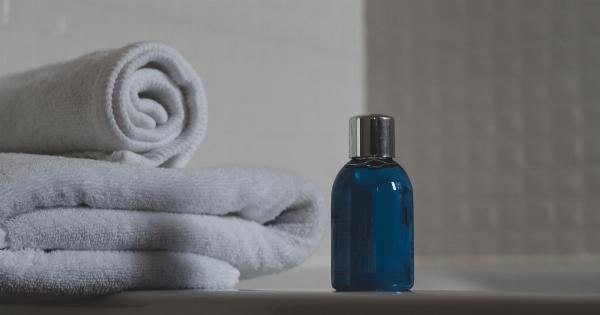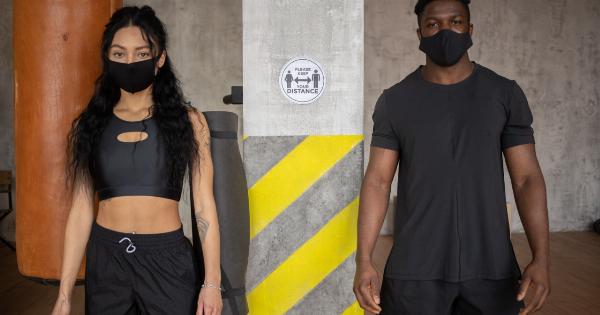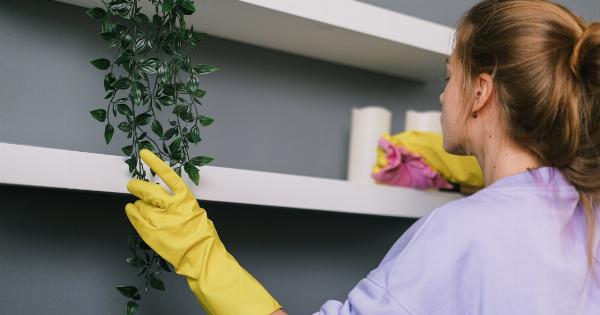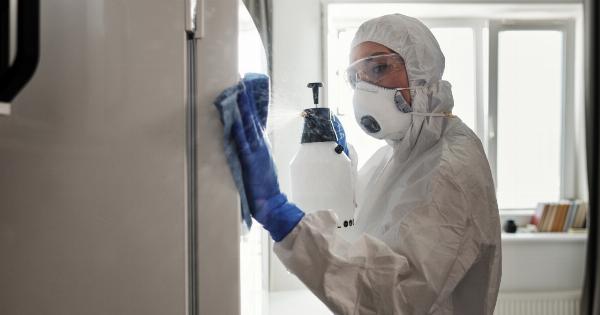Sexually transmitted diseases (STDs) are common and can have severe life-long impacts if left untreated. Therefore, it is essential to protect yourself during and after sexual activity.
This article provides you with information on post-sex protection methods that can help shield you from STDs.
Use Condoms
One of the most effective post-sex protection methods is the use of condoms. Condoms create a barrier that prevents bodily fluids, including semen, vaginal secretions, and blood, from mingling.
This barrier significantly reduces the risk of STDs and helps prevent unplanned pregnancies.
When using condoms, it’s essential to check the expiration date before use and to store them safely. Avoid using sharp objects such as scissors or teeth to open the packaging. These methods may cause the condom to tear.
After sex, remove the condom carefully to prevent the spread of bodily fluids. Wrap the used condom in tissue or toilet paper and dispose of it safely. Avoid flushing condoms down the toilet as they can cause blockages.
Get Tested Regularly
Regular testing is crucial for your sexual health. It is recommended that sexually active individuals get tested at least once a year, even if no symptoms are present. Testing can detect STDs early, making them easier to treat.
The most common types of STDs include Chlamydia, Gonorrhea, Syphilis, HIV, Herpes, and HPV. There are different ways of testing for each STD, including urine samples, blood tests, and swabs.
Speak to your medical provider about the best testing options for you.
Avoid Douching
A douche is a device used to flush water or other fluids into the vagina. While douching may provide temporary relief from odor or discharge, it can disrupt the natural balance of bacteria in the vagina.
This disruption can lead to infection, including STDs.
Douching can also cause physical harm as it pushes water into the reproductive system. This pressure can cause micro-tears in the vagina, allowing bacteria and other harmful substances to enter.
It’s best to avoid douching altogether and speak to a medical professional if you experience any symptoms such as odor or discharge.
Practice Good Hygiene
Practicing good hygiene is a simple and effective way of preventing STDs. Wash your genitals with soap and water regularly. This can help remove bacteria and prevent the spread of disease.
It’s essential to keep your nails trimmed and avoid scratching or picking at the genitals. This can cause irritation or infection, making it easier for STDs to spread.
Additionally, avoid sharing personal items such as towels or undergarments as these may contain harmful bacteria.
Avoid Sharing Needles
Sharing needles, syringes, or other equipment used for injecting drugs or medications can increase the risk of STDs. This sharing can spread blood-borne diseases such as Hepatitis B and C or HIV.
It’s important to remember not to share needles if you inject drugs or steroids and to only use clean and new needles provided by healthcare professionals.
There are many organizations and medical providers that offer free and confidential needle exchange programs.
Speak to Your Partner
Communication is key when it comes to sex and preventing STDs. Talk to your partner about their sexual history, any previous STDs they may have had, and if they have been recently tested.
Having open and honest communication can help reduce the risk of contracting and spreading STDs.
Additionally, consider discussing methods of birth control and how to prevent unplanned pregnancies. This conversation can help provide peace of mind and promote safe and healthy sexual activities.
Conclusion
Post-sex protection is crucial to prevent the spread of STDs or other infections.
Using condoms, getting tested regularly, avoiding douching, practicing good hygiene, avoiding sharing needles, and speaking to your partner are all effective post-sex protection methods.
It’s important to remember that anyone can contract an STD, regardless of age, race, or sexual orientation. The best way to protect yourself and your partner is to take the necessary precautions and communicate openly.































